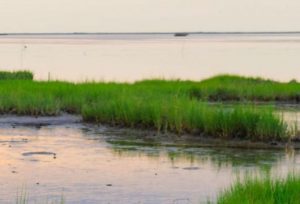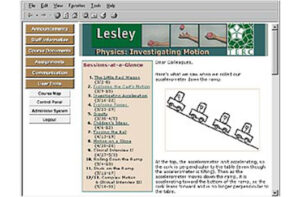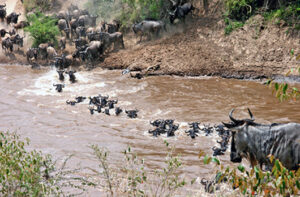Reply to Angelo: Declines in species in Thoreau’s Concord and the Middlesex Fells, Massachusetts, USA
Richard B. Primack, Abraham J. Miller-Rushing, and Brian Drayton
Phytoneuron, 61: pp. 1–5
Summary
Angelo (2014) questioned the ability of our field methods to support our previously published conclusions regarding the changing flora of Concord and the Middlesex Fells, Massachusetts (Drayton & Primack 1996; Willis et al. 2008; Primack et al. 2009). In particular, he questioned whether our five years of fieldwork is adequate to conclude that many species are declining and whether climate change is contributing to these declines. We agree with Angelo (2014) that longer searches for species will yield discoveries of more species and populations and that these searches are essential when preparing formal floras or answering some research questions. However, the intent of our work was to identify community-level patterns—trends in abundance and factors associated with those trends—and was never to create a formal flora or document the absolute abundance of individual species. Our conclusions are not particularly sensitive to whether we missed individual plants or populations during our surveys—we know we did and acknowledged as much in our previous publications. Our sampling efforts were evenly distributed across taxa and the trends in relative abundance were the most important factor in our statistical analysis. (See also a companion response by Willis and Davis in this issue, Phytoneuron 2014-60). We believe most of the criticisms of our work by Angelo (2014) are based on a misunderstanding of the goals, methods, and conclusions of our projects. Moreover, his criticisms do not alter the basic results of our work.













